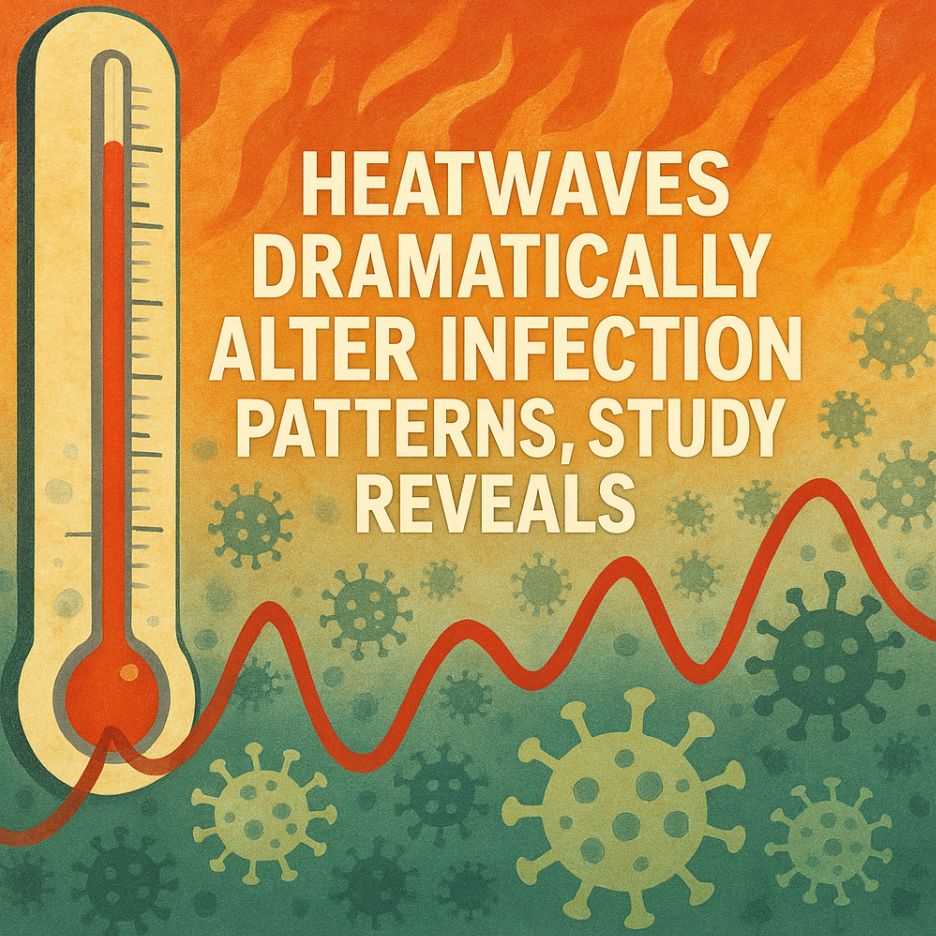How Advanced Bed-Net Prototypes Target Malaria-Causing Parasites, May 2025.
- arunaditya1
- Jun 11, 2025
- 2 min read

Summary : Two bed netting prototypes have been developed by scientists to combat malaria-causing blood parasites. Researchers created net systems which administer Endochin-like Quinolones (ELQs) medication to eliminate Plasmodium parasites carried by mosquitoes.
Description: The drug formulation and manufacturing teams at the Southwest Research Institute worked in partnership with Harvard T.H. Chan School of Public Health experts to develop innovative bed nets. The Harvard T.H. Chan School of Public Health joined forces with Oregon Health & Science University and Portland Veterans Affairs Medical Center to develop new strategies for using bed nets to combat malaria. The team utilized their collective experience to develop two prototype nets which not only stop mosquitoes but also deliver Endochin-like Quinolones (ELQs) directly to the parasites they carry. The research which Nature recently published has the potential to become a landmark development in malaria prevention strategies. Mosquitoes now resist the chemicals in traditional insecticide-treated nets which have been used for decades as primary defense. Dr. Mike Rubal from SwRI explains that any mosquito which lands on their ELQ-treated nets becomes disinfected. The teams approach uses ELQ-embedded bed nets to attack Plasmodium parasites during their transmission phase. A traditional polyester net receives a coating treatment with liquid ELQ formulation through one particular method. The ELQs are incorporated into the polyethylene filaments that create the netting yarn during a hot-melt extrusion process. Dr. Flaminia Catteruccia’s Harvard lab performed thorough evaluations of both designs which demonstrated high parasite kill-rates every time mosquitoes encountered the treated surfaces.
The urgency for innovation couldn’t be clearer: In 2023 the World Health Organization documented 263 million malaria cases and close to 600,000 deaths across the globe. Dr. Catteruccia states that their research provides a new and efficient approach to breaking the parasite’s life cycle. By using two separate ELQs we manage to decrease the possibility of developing resistant mosquito populations. When female Anopheles mosquitoes encountered ELQ-treated nets in the laboratory environment they absorbed the medication through their legs which stopped parasite growth prior to transmission to humans. Dr. Michael Riscoe from OHSU explains that eliminating the parasite inside mosquitoes stops malaria before it begins.
The NIH R01 grant and Open Philanthropy backed partnership marks an important move to transform every bed net into a chemical barrier that blocks bites and stops disease transmission. The upcoming field trials for ELQ-loaded prototypes promise to deliver millions of people in malaria-prone areas with an easy yet potent solution to avoid infection.
Reference:
Alexandra S. Probst, Douglas G. Paton, Federico Appetecchia, Selina Bopp, Kelsey L. Adams, Tasneem A. Rinvee, Sovitj Pou, Rolf Winter, Esrah W. Du, Sabrina Yahiya, Charles Vidoudez, Naresh Singh, Janneth Rodrigues, Pablo Castañeda-Casado, Chiara Tammaro, Daisy Chen, Karla P. Godinez-Macias, Jasmine L. Jaramillo, Giovanna Poce, Michael J. Rubal, Aaron Nilsen, Elizabeth A. Winzeler, Jake Baum, Jeremy N. Burrows, Michael K. Riscoe, Dyann F. Wirth, Flaminia Catteruccia. In vivo screen of Plasmodium targets for mosquito-based malaria control. Nature, 2025; DOI: 10.1038/s41586-025-09039-2



Comments